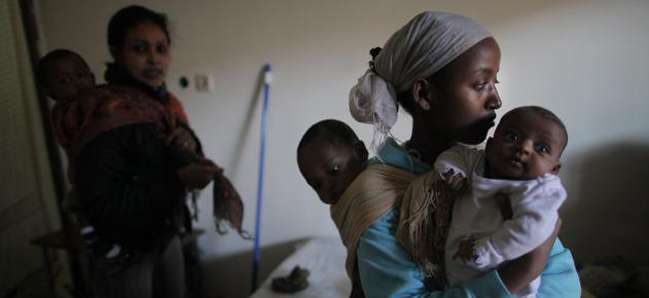
In a major victory for human rights, Israel’s High Court of Justice has ordered the government to close the Holot Detention Camp, where African refugees have been incarcerated for many months, within the next 90 days. The nine-judge panel voted seven to two to shut down the facility, which houses over 2,000 asylum seekers mainly from Sudan and Eritrea, who cannot safely return to their homelands. The High Court also abrogated the law requiring a one-year prison sentence for asylum seekers who arrived in Israel after December 2013.
The petition to close down the detention camp was filed by a coalition of human rights organizations in the NIF family including the Association of Civil Rights in Israel (ACRI), Hotline for Refugees and Migrant Workers in Israel, Kav LaOved Workers’ Hotline, Assaf – Aid Organization for Refugees and Asylum Seekers in Israel, and Physicians for Human Rights.
ACRI Attorney Oded Feller said, “The fact that the Knesset and the government continue to single out a powerless and disadvantaged group as a scapegoat, blame it for society’s problems, vilify it, and beat its members down over and over with unconstitutional legislation requires the Court to intervene.”
Muatsem Ali, an asylum seeker and refugee protest leader from Darfur, Sudan said, “This is the choice the government grants us: live out our lives in the desert with a roof over our heads, with water and bread – but without the possibility of leaving, of working, of living like human beings. The government asks us to be animals, to be satisfied with protection and basic food needs. Our other choice is to leave Israel for an unknown fate, to return to the countries from which we fled, to regimes that persecuted us and will continue to persecute us.”
In handing down the ruling Supreme Court Justice Uzi Vogelman said, “The heart understands the difficulties, but the mind cannot accept the chosen solution.”
At this writing, right-wing members of Knesset are looking at new options to restrict the 60,000 or so asylum-seekers currently in Israel while meeting constitutional standards.
